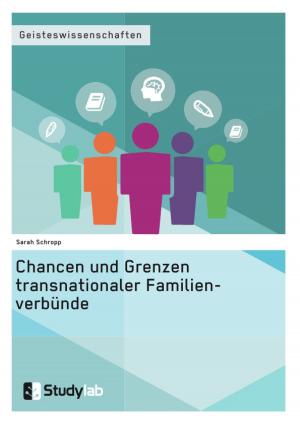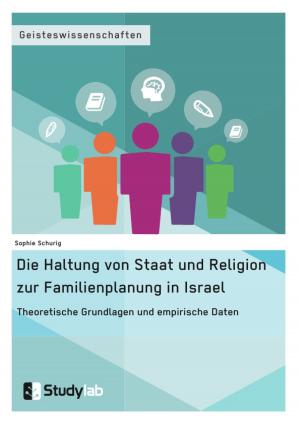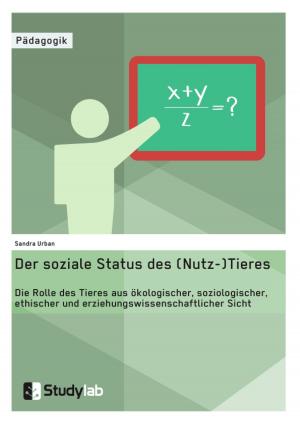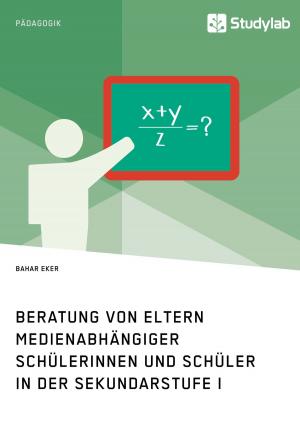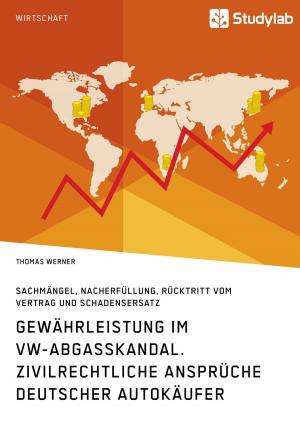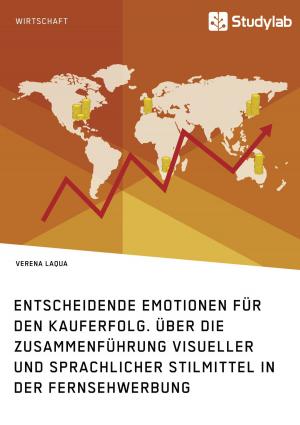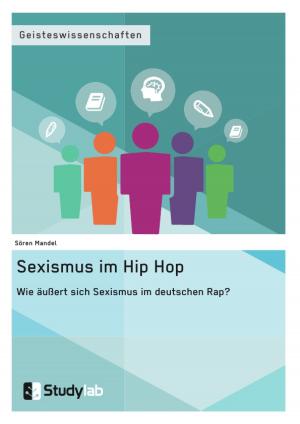Der Islam in Europa
Eine kulturhistorische Analyse zum Verhältnis von Religion und Politik im 21. Jahrhundert
Nonfiction, Social & Cultural Studies, Social Science, Sociology, Marriage & Family| Author: | Gordon Wagner | ISBN: | 9783668168336 |
| Publisher: | Studylab | Publication: | March 8, 2016 |
| Imprint: | Studylab | Language: | German |
| Author: | Gordon Wagner |
| ISBN: | 9783668168336 |
| Publisher: | Studylab |
| Publication: | March 8, 2016 |
| Imprint: | Studylab |
| Language: | German |
This MA thesis is analyzing the relationship between religion and politics influenced by Islam in 21st century Europe, following more than a decade of troubles, assassinations, rampages and also confusion, irritation and misunderstanding of the nature of the incidents. It is hereby argued first that in most occasions, starting with Samuel P. Huntington's 'Clash of Civilizations', the focus point still lies on a conflict between a democratic and modern West being Judeo-Christian in origin and an old-fashioned Islamic East, even though the fault lines rather seem to be set between an enlightened, humanist and universal conception on one hand and mostly conservative religious traditions on the other, therefore pointing out that Judaism, Christianity and Islam are much more closer related to each other than generally perceived. It is secondly argued that it is not enough to simply call in a more liberal approach to theological exegesis, but to rather apply far more fundamental alternatives, e.g. the evolutionary humanist perspective, emphasized by Dr. Michael Schmidt Salomon. Aus dem Inhalt: - Aufklärung - Demokratie - Religionsfreiheit - Kulturgeschichte - Werteverständnis - Glaubensvorstellungen
This MA thesis is analyzing the relationship between religion and politics influenced by Islam in 21st century Europe, following more than a decade of troubles, assassinations, rampages and also confusion, irritation and misunderstanding of the nature of the incidents. It is hereby argued first that in most occasions, starting with Samuel P. Huntington's 'Clash of Civilizations', the focus point still lies on a conflict between a democratic and modern West being Judeo-Christian in origin and an old-fashioned Islamic East, even though the fault lines rather seem to be set between an enlightened, humanist and universal conception on one hand and mostly conservative religious traditions on the other, therefore pointing out that Judaism, Christianity and Islam are much more closer related to each other than generally perceived. It is secondly argued that it is not enough to simply call in a more liberal approach to theological exegesis, but to rather apply far more fundamental alternatives, e.g. the evolutionary humanist perspective, emphasized by Dr. Michael Schmidt Salomon. Aus dem Inhalt: - Aufklärung - Demokratie - Religionsfreiheit - Kulturgeschichte - Werteverständnis - Glaubensvorstellungen





